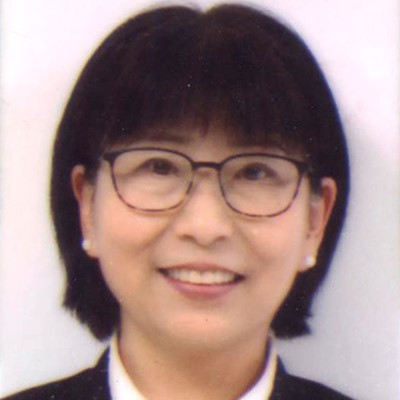Runhua (Runa) Liu, Ph.D., Professor of the Department of Genetics, was selected as the recipient of the Olivia Turlington Miller Endowed Chair of Cancer Genetics. The endowment, established in the UAB Cancer Center, aims to focus on advancing research and innovation in cancer biology through leading groundbreaking research initiatives led by Liu.

As the endowed chair holder, Liu will be responsible for fostering collaboration among experts in the field of cancer biology, and contributing to advancements in cancer treatment and understanding of the mechanism. Dr. Liu recently had a chance to speak about her most recent accolade.
Q: What does it mean to be named the Endowed Chair?
I am proud to have this honor bestowed upon me, because it signifies recognition of the work done by myself and others within Cancer Genetics. I understand that being recognized for this position allows more opportunities for financial support to be provided by donors, as well as the institution itself, to our research. This prestigious position will allow more support for our graduate students, and postdoctoral fellowship, as well as opportunities to lead initiatives or departments within the university. My gratitude in holding this position is beyond words, as I am confident that it will allow me to increase our visibility within the academic community and provide resources to further contribute to Cancer Genetics research.
Q: What are some of the goals that you have for cancer biology in this particular role?
My overarching goal would be to make meaningful contributions to the field of cancer biology that ultimately translate into improved outcomes for cancer patients. I would like to lead cutting-edge research initiatives aimed at deepening our understanding of cancer biology, including its underlying mechanisms, progression, and treatment resistance. In doing so, I hope to bridge the gap between basic science and clinical application by facilitating translational research efforts, to develop new diagnostics, therapeutics, and interventions for cancer patients.
Scientific research is all about discovering things that will be relevant for the future, and I would like to establish platforms that train the next generation of cancer biologists, including graduate students, postdoctoral researchers, and junior faculty, to ensure a robust pipeline of talent dedicated to combating cancer. I believe that collaborations with researchers from various disciplines (i.e. genetics, immunology, computational biology, clinical oncology) will allow us to tackle complex challenges in cancer biology from various perspectives.
Through these collaborations, I believe that it will naturally provide the opportunity to engage with the broader scientific community, cancer advocacy groups, and industry partners to share knowledge, exchange ideas, and promote collaboration toward our common goal of understanding and curing cancer. In doing so, I hope to distribute research findings in high-impact journals, present at conferences, and engage in science communication efforts to disseminate knowledge and raise awareness about advancements in cancer biology.
Q: What are some of the things that you are looking forward to most in this role?
I'm excited about the opportunity to lead and shape research directions in the field of cancer biology. Having the autonomy to initiate and guide projects can lead to impactful discoveries and advancements.
I look forward to contributing to research that has the potential to directly impact cancer patients' lives is incredibly fulfilling. Whether it's uncovering novel therapeutic targets, improving early detection methods, or enhancing treatment efficacy, the chance to make a real difference is motivating.
I'm eager to collaborate with other experts in the field, both within and outside my institution. Building interdisciplinary partnerships can lead to innovative approaches and accelerate progress in understanding and combating cancer.
I believe that this position allows for meaningful mentorship and guidance to students, postdocs, and junior faculty members, while helping to shape the next generation of scientists and supporting their growth and success is immensely rewarding. Holding an Endowed Chair position comes with a level of recognition and prestige within the academic community. This role provides a platform to advocate for important issues in cancer research, attract top talent to the field, and collaborate with influential stakeholders.
Overall, I'm looking forward to the opportunity to contribute meaningfully to the field of cancer biology, collaborate with outstanding colleagues, and ultimately, work towards improving outcomes for cancer patients.